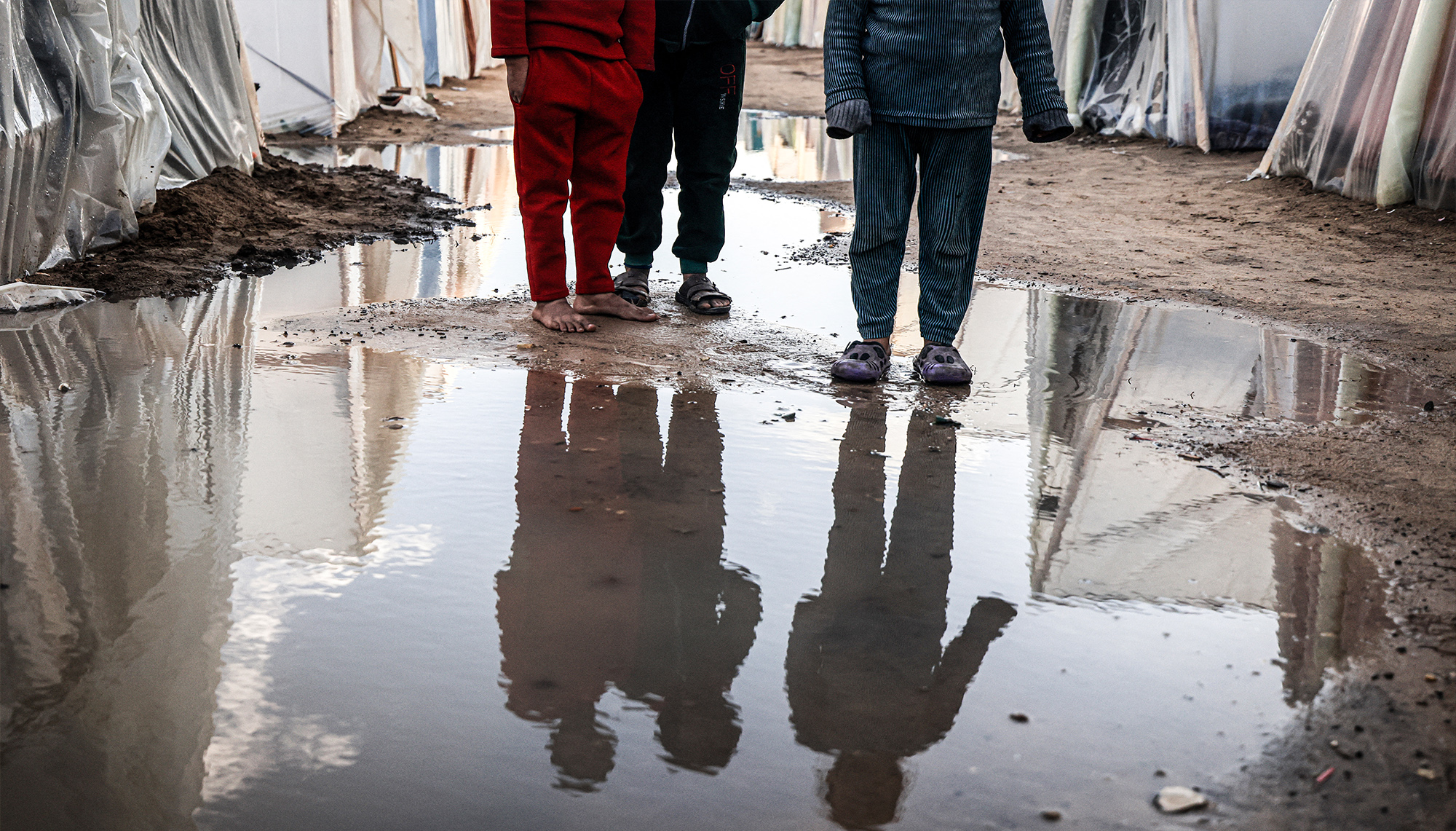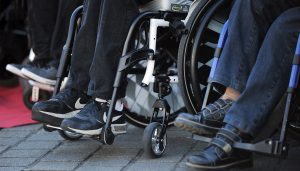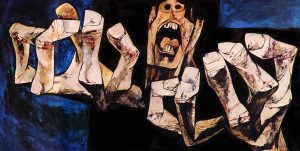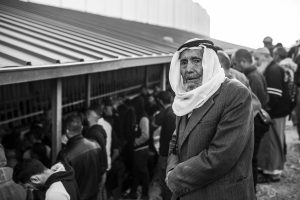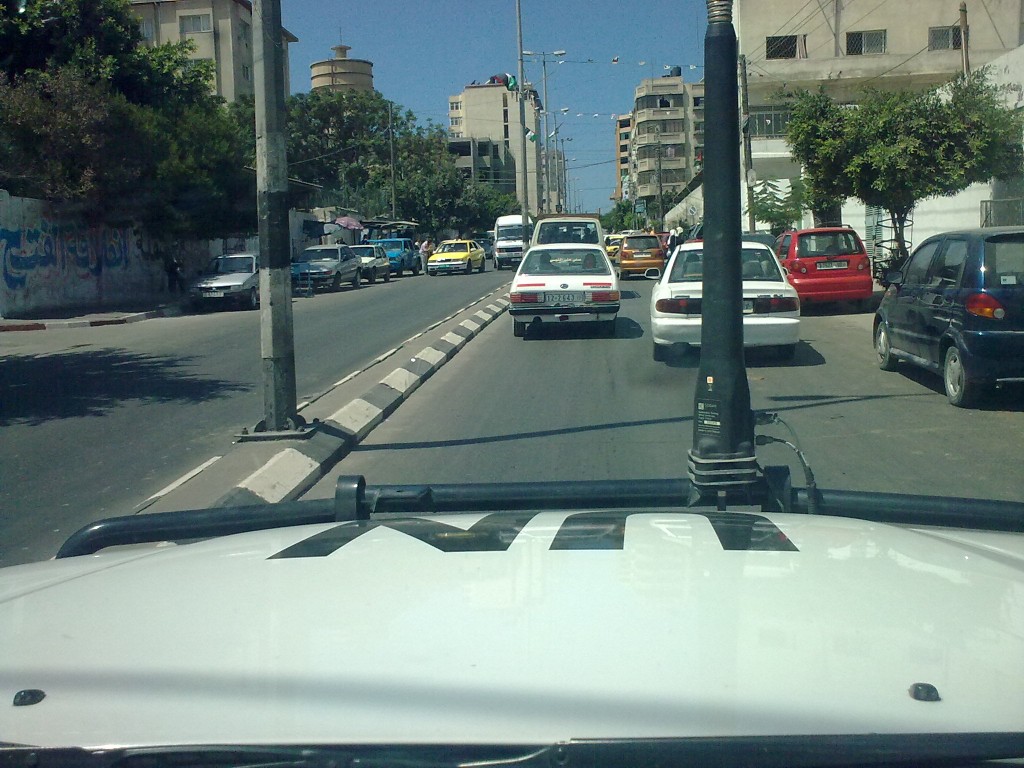
Written by Ramsey Tesdell
GAZA CITY – It’s the sort of place that almost feels like a fantasy. Fantasy in the sense that you hear about the people, the fighting, the problems, and the achievements, but you rarely have a chance to visit. A far off place. A place of mystery and danger. And a place particularly difficult to visit.
The entire Gaza Strip held that aura for me. For the past three years, Gaza has been closed off, sealed up, and cut off from the rest of the world. Just utter the names of the refugee camps and cities– Beit Hanoun, Jabaliya, Gaza City, Rafah – and those hairs on the back of your neck that sense danger, stand tall.
It hasn’t always been that way. Speaking to friends in the West Bank, they point out where in Ramallah you could catch a taxi to Gaza City. “Right from there. See that corner. Ten shekels and you’d be eating fish in Gaza.”
It seems difficult to imagine that today. For many Palestinians, Gaza is simply not even an option. For many Gazans, the rest of the world isn’t an option, as their travel is restricted through certain crossings, which, if they open, open for short periods of time are restricted to a select few.
But for me, Gaza has been part of the Palestinian narrative since I remember hearing about Palestine. My grandparents were some of the first internationals in Gaza setting up refugee camps with the American Friends Service Committee.
Sometimes it feels like history was playing with my family’s fate; pulling one thread closer, whilst driving another thread away. An instance of historical contradiction, one side of my family came to support humanitarian efforts at the very beginning of the Nakba, while newly imported Jewish militias were driving my other grandparents from their homes. But somehow those threads joined together and life pushed on.
Fantasy to some, a sad reality for others
“It’s a beautiful place,” Mohammed tells me. “So beautiful you’ll never want to leave. There is the sea, the beach, we grow our food. The only problem is that you can’t really live.”
Living. Life. Future. Opportunities and hope. Concepts we take for granted in many places in the world. But for many here, these ideals are in seemingly short supply. But no matter how many bombs explode, how many bullets fly, or how many martyrs fall, Gaza is about survival. It’s a testament to humanity and the power of human will. I’ve met just and handful of Gazans thus far, and they bear witness to this simple fact: human survival.
For some, Gaza is a far off place where bad things happen. Where bad people live. But meeting and being in solidarity with the people has peeled away that fantasy-like status, and revealed a loving people living a tough reality.
People just like you and me. People who want good educations, good jobs, a loving family, and a future on the horizon. Maybe a future as beautiful as the sunset on the Mediterranean Sea.
It isn’t necessary to repeat the words of international organizations that describe the Gaza blockade as a “form of collective punishment” and a “flagrant violation of Israel’s obligations under the Fourth Geneva Convention.” All you have to do is Google Gaza, or read important writers with important things to say.
For the next 10 days I’ll be working with different groups in Gaza in order to build a community of storytellers. Using our toolbox of social media, we’ll be telling our stories for the world to hear. We’ll be doing our part to break the blockade.
Palestinian stories, told by Palestinians.
I’ll be here ten days. And I’ll try to write as much as I can. Messages of hope and solidarity are needed. Share yours below.




